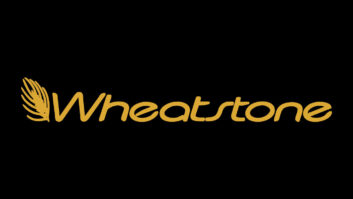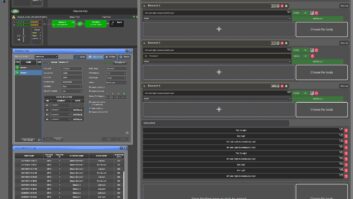Congress has voted to delay the DTV transition to June.
The House decided on Wednesday to change the cut-off date for analog TV to June 12; it voted 264 to 158 on a measure passed by the Senate last week; 10 members of the House did not vote.
The measure now goes to the White House for the president’s signature; the Obama administration had sought a delay, saying too many consumers were not ready for the shift.
Republicans opposing the delay had said some consumers would always drag their feet on getting the converter boxes and that the change will cost broadcasters millions of dollars in extra electricity costs for running both analog and digital transmitters. In addition, first responders are ready to use the vacated analog TV spectrum, they said.
The FCC said that as of Feb. 2, it has approved or received notifications from 143 TV stations that have ended analog service, with another 60 ready to end analog service by the Feb. 17, the previous transition date. While another 276 have told the commission they had intended to end analog transmission as of Feb. 17, the agency said those plans could now change. There are a total of 1,796 full-power TV stations. About 61% — or 1,089, are already operating on their post transition digital channel, according to the FCC.
The bill allows consumers who have expired converter box coupons to reapply for new ones. The government subsidizes the $40 coupons to help analog-only viewers pay for a converter box that allows them to still get a TV signal after the change to digital.
The measure also allows those stations that want to make the switch to digital early to do so after first checking with the FCC.
Interim Chairman Michael Copps, who along with fellow Democratic Commissioner Jonathan Adelstein supported a delay, said the extra four months would allow for more consumer outreach and time to handle “coverage, antenna and reception issues that went too long unaddressed.”
Robert McDowell, now the sole GOP commissioner, said that while the delay would inevitably cause consumer confusion, the commission would do all that it can to minimize the disruption. “If you need a converter box, get it today and hook it up today and start enjoying the benefits of digital television today.”
Observers point out the delay also means a delay of focus on radio issues at the commission as it will take the new commissioners, including a new chairman and an additional GOP commissioner, to settle in.
NAB, which supported the delay, has said more than 1,000 full-power stations in some 200 television markets have conducted DTV consumer readiness tests to raise awareness about the transition.
Public safety groups have been concerned about a delay but still hope to gain allocations, if not access, to the channels prior to the new June deadline, according to sister publication TV Technology.









